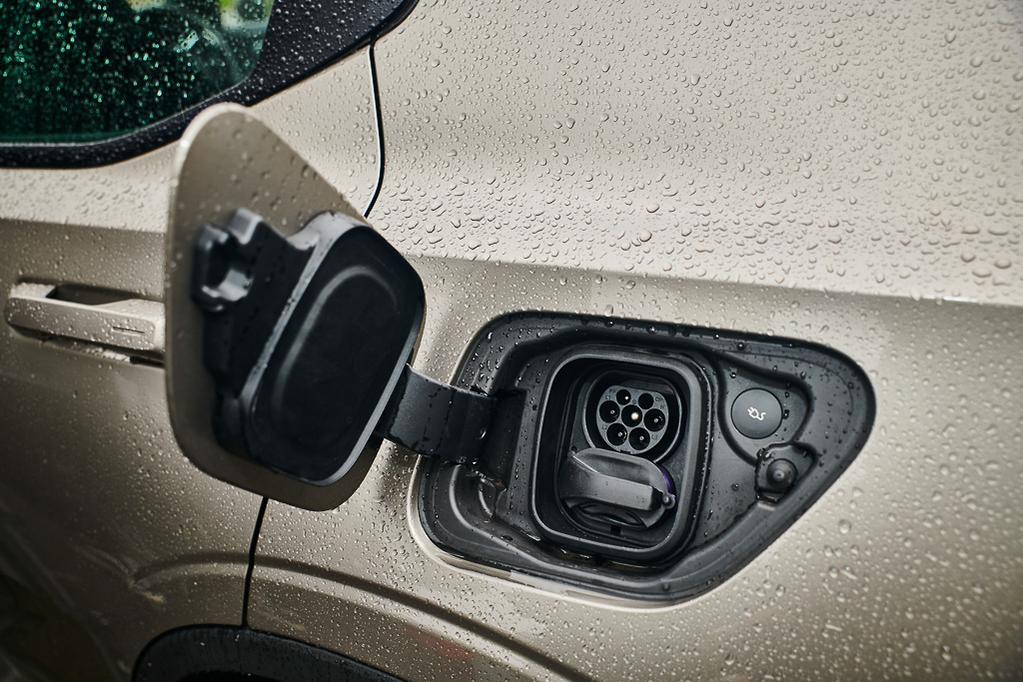How Long Do Electric Car Batteries Last?
Electric vehicles are our great green alternatives to traditional petrol-based cars. They eliminate reliance on petrol, save money and remove the need to burn fossil fuels just to get around.
However, we cannot ignore the fact that batteries on internal combustion engine (ICE) vehicles are much cheaper and readily available. Replacing the battery on an EV can be expensive, and if this happens frequently over the lifespan of the vehicle, it may not even be worth it.
So, how long do electric car batteries last? Continue reading for a full breakdown of the inner workings of these complex machines and what to expect for your EV.
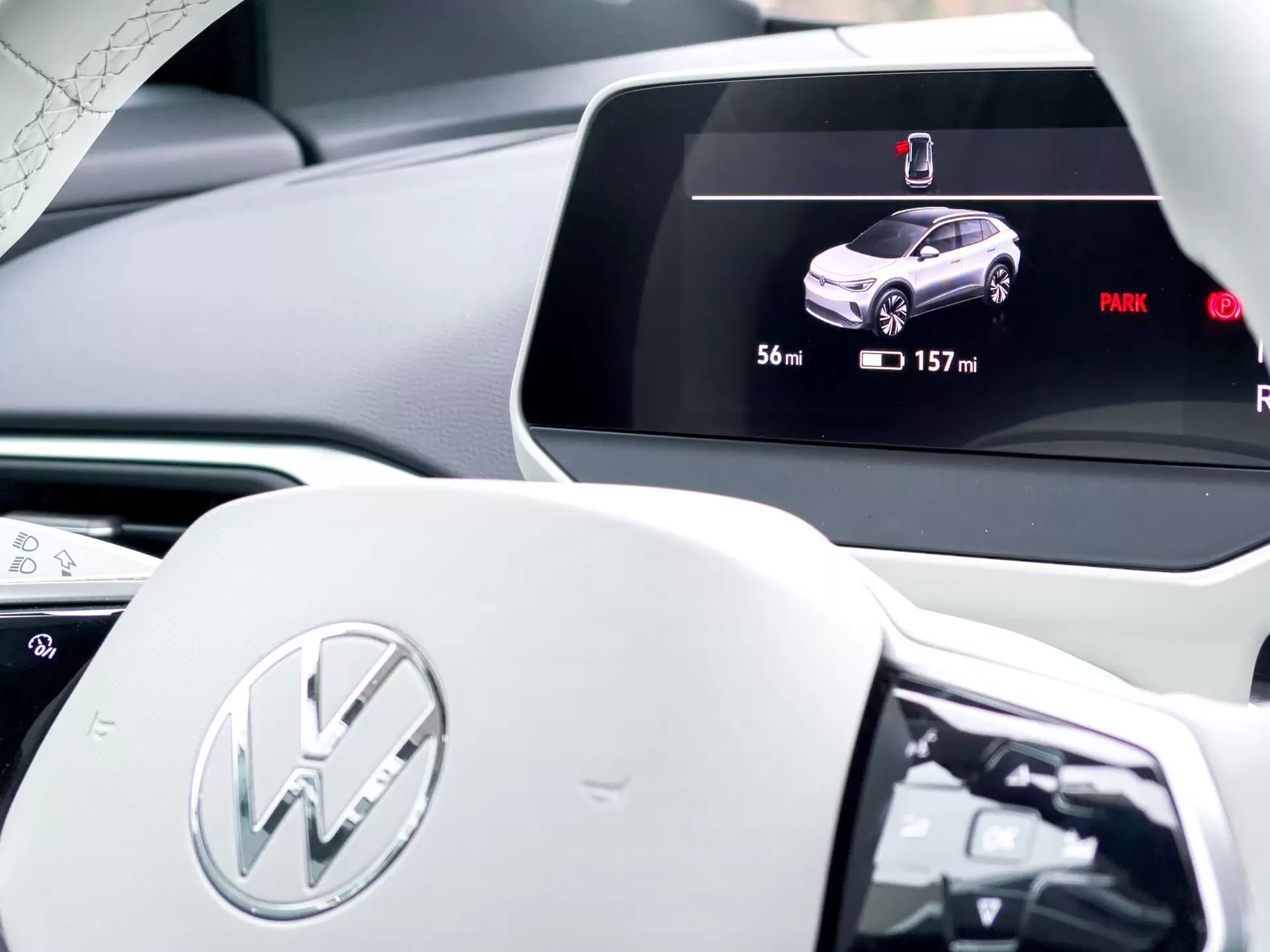
Understanding EV Battery Lifespan
Manufacturer Warranties and Real-World Data
Nearly all EV manufacturers back their batteries with 8-year or 100,000 km warranties at a minimum. But data shows that EV batteries often outlast their warranties, many lasting 12-15+ years with proper maintenance and minimal degradation.
Battery Degradation Rates Over Time
As EVs are driven and recharged, their batteries experience gradual degradation; a reduction in capacity over time. This is a normal chemical process with lithium-ion cells. How long do electric car batteries last without significant range loss? Studies suggest an average degradation rate of 1.8% per year, meaning most EVs retain solid range and performance even after 15 – 20 years, especially under moderate conditions with minimal fast charging.
Factors Influencing Battery Longevity
Driving Habits and Usage Patterns
It should come as no surprise that the way we drive affects our battery life. Longer commutes, driving on the motorway at higher speeds, and heavy acceleration patterns will all impact your battery’s health.
Charging Practices
DC fast charging is preferable for its super speeds, leading to less time plugged in. But frequent DC charging can actually be detrimental to your battery life over time. Regular Level 2 charging, while slower, should be used whenever possible to keep battery degradation rates lower.
Environmental Conditions
The environment also plays a role in shaping the performance of your EV battery. In a country like Australia, where many of the tropical regions experience frequent high temperatures and torrential rainfall, this can increase degradation and shorten the lifespan of the battery.
Extreme heat accelerates chemical reactions in the battery and can lead to reduced range and faster degradation. It’s estimated that EV range can drop by 15% in temperatures exceeding 35°C.
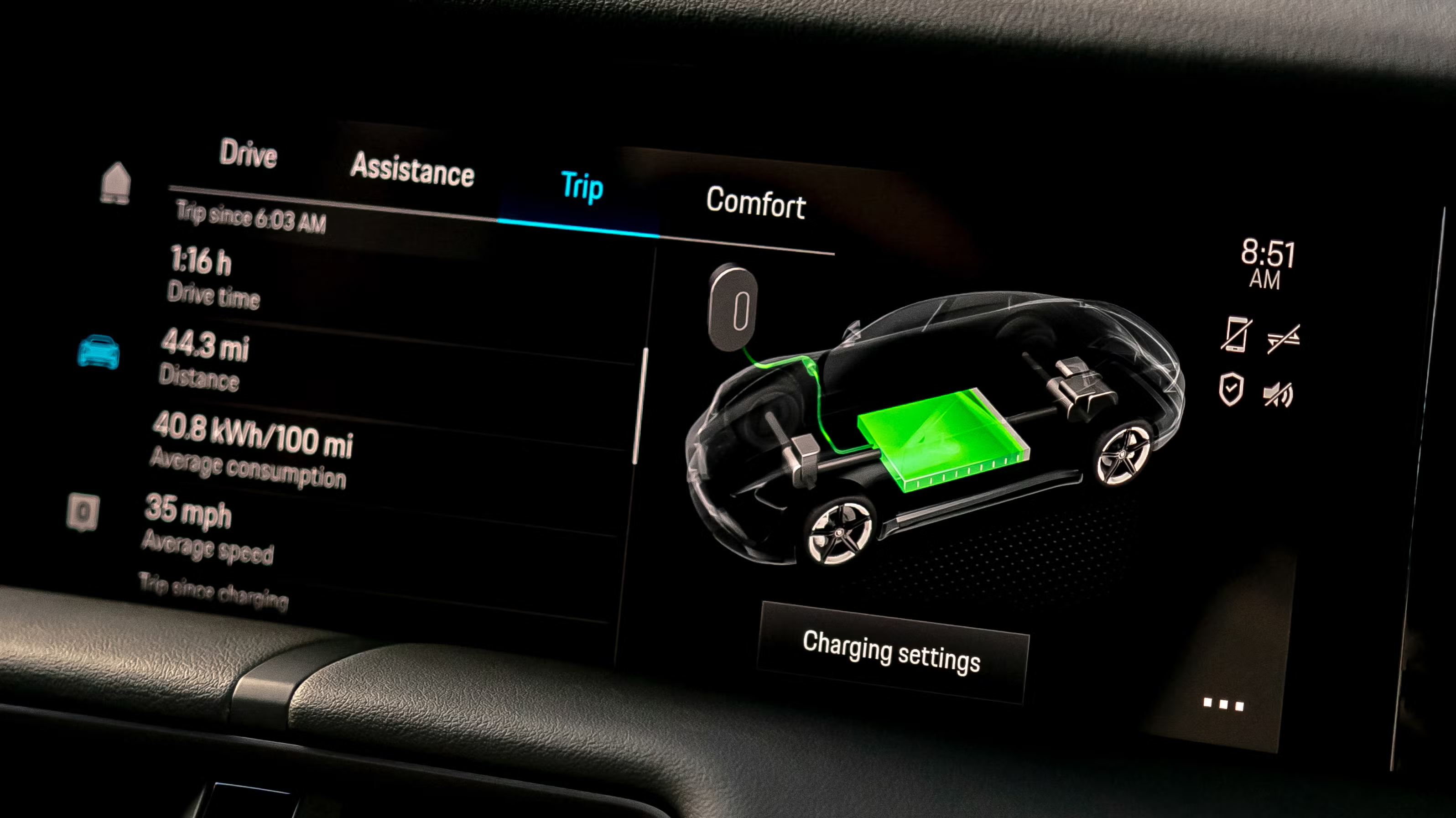
Best Practices to Extend Battery Life
Optimal Charging Levels
Aside from limiting DC fast charging, it is recommended to maintain a charge between 20% and 80% to reduce strain on the battery. Staying at these optimal charging levels will extend the life of your battery.
Temperature Management
The extreme heat in certain Australian regions can accelerate degradation when driving in the warmer months. For this reason, it’s important to minimise direct sunlight exposure when your EV is not in use and avoid fast charging in hot weather conditions. Park in shaded areas and curb heat exposure by using thermal management systems.
Regular Software Updates and Maintenance
Every vehicle comes with a user manual for a reason. This should be referenced regularly. User manuals have important information on maintenance schedules that should be followed to the best of your ability.
Software updates can be tedious and inconvenient, but they’re there for a reason. Keeping your vehicle up to date will guarantee that your vehicle is performing properly and alert you if something is off.
.webp)
What Happens When an EV Battery Degrades?
Impact on Driving Range and Performance
When an EV battery degrades, it can’t store and deliver the same amount of energy as before. The driving range is reduced, and it may charge more slowly with a noticeably weaker power output. Performance in terms of acceleration won’t be as affected, but that doesn’t mean your vehicle’s battery isn’t degrading.
Battery Replacement and Costs
So, how long do electric car batteries last before replacement becomes necessary? In most cases, well over a decade. When the time does come, the cost will vary depending on your EV model and the size of your battery. It can range from several thousand to the tens of thousands for new and higher-end EVs.
The good news is that costs are only getting lower. So, if you were to buy an EV today, by the time your battery would need to be replaced, you’d probably be paying less than you would right now. Refurbished batteries are also a viable, cost-saving alternative.
Second-Life Applications and Recycling
Don’t worry, when your battery reaches the end of its current life cycle, it can be repurposed. Older EV batteries can be recycled and used for other important tasks.
Typically, the most useful second life for these older batteries is for energy storage for domestic and commercial applications. For example, this can look like retaining electricity from solar panels during the day for nighttime use.
Ready to Make the Switch? Explore Our EV Chargers Today
If you’re looking to make the switch to an EV, you should also consider a home charging station. With the convenience of powering up at home, solar energy capabilities, and overnight charging, the idea sells itself.
revcharge is leading the home EV charging revolution. Shop our range of brand-name EV chargers and book an installation time that works around your schedule to get set up by one of our licensed techs.


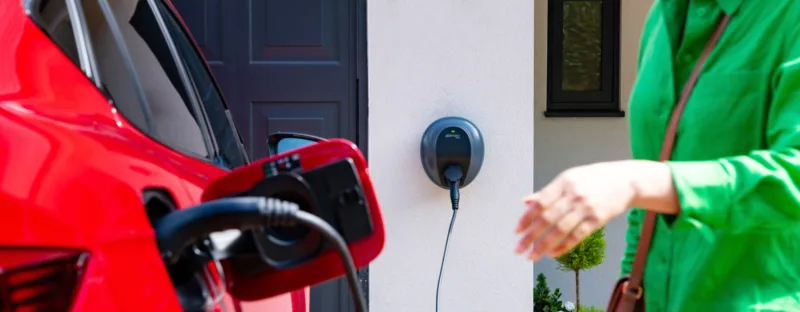

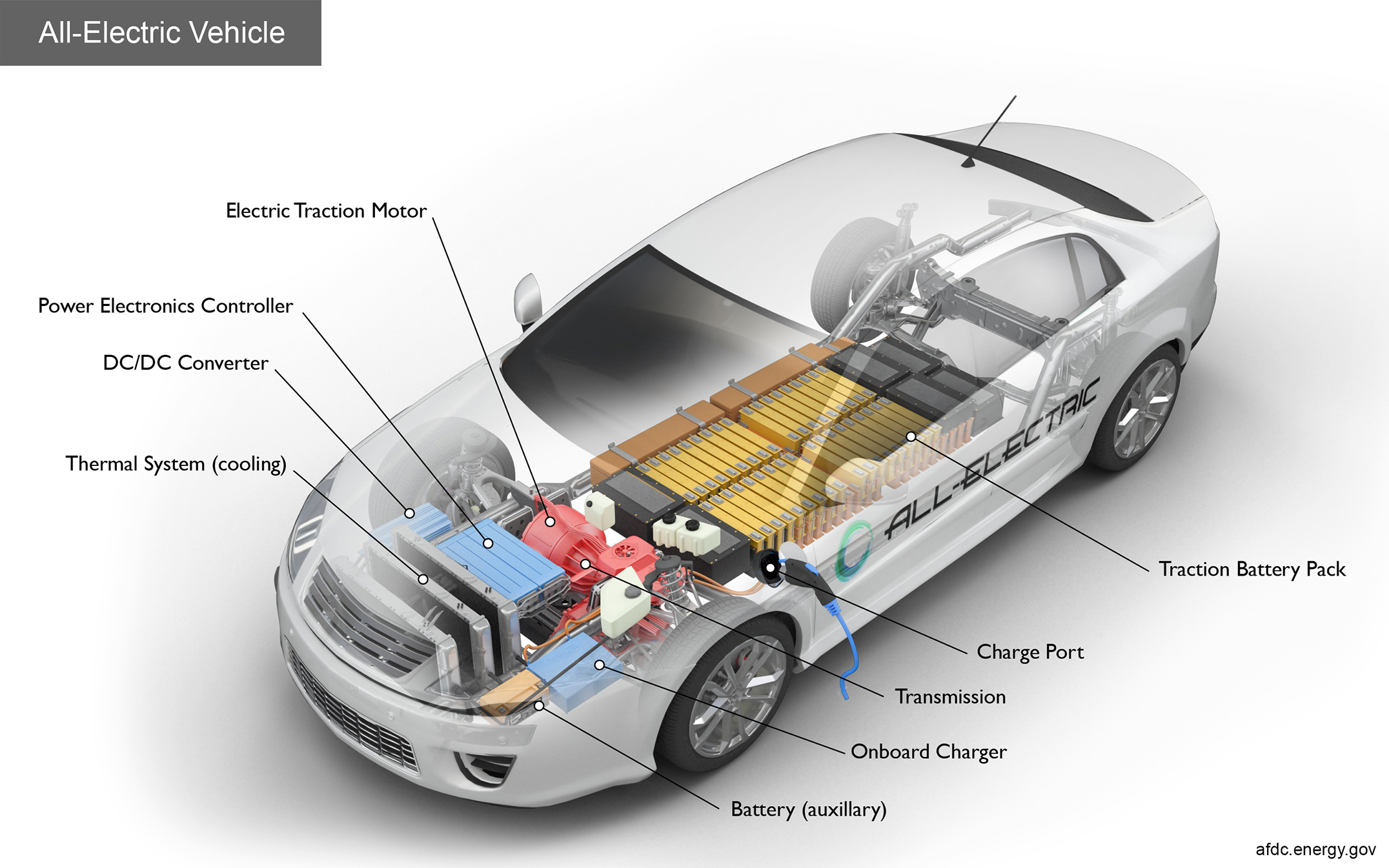
.webp)
